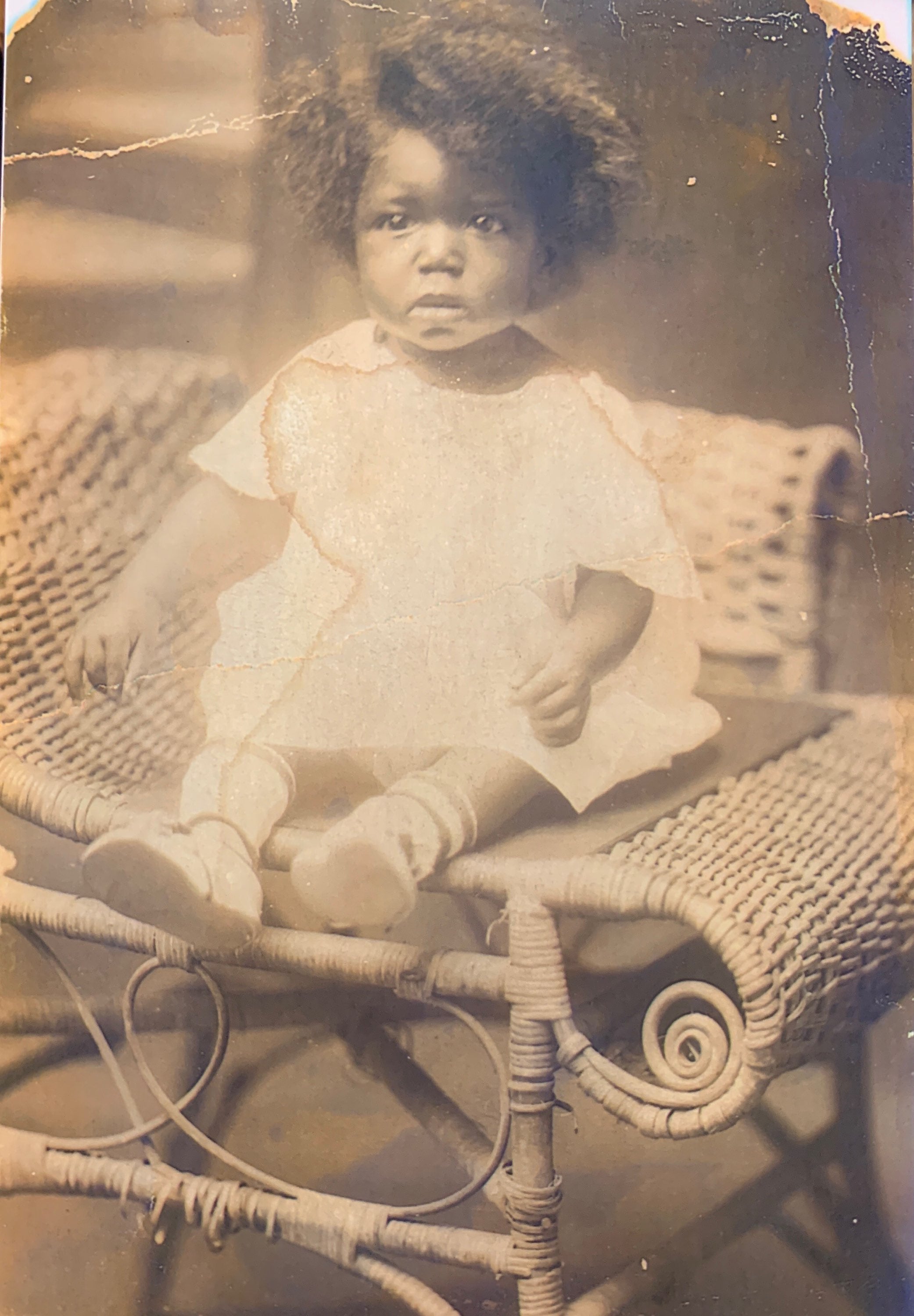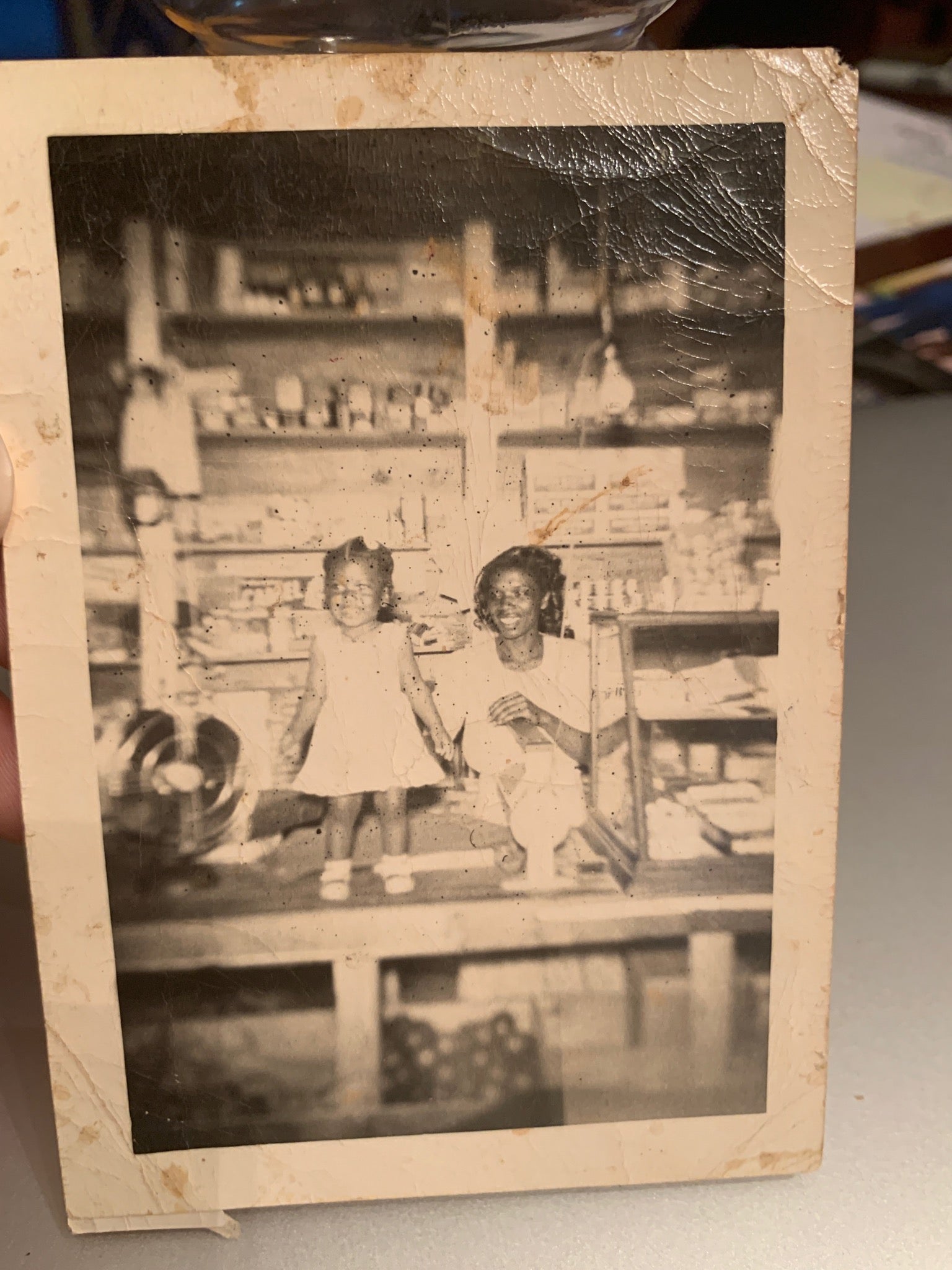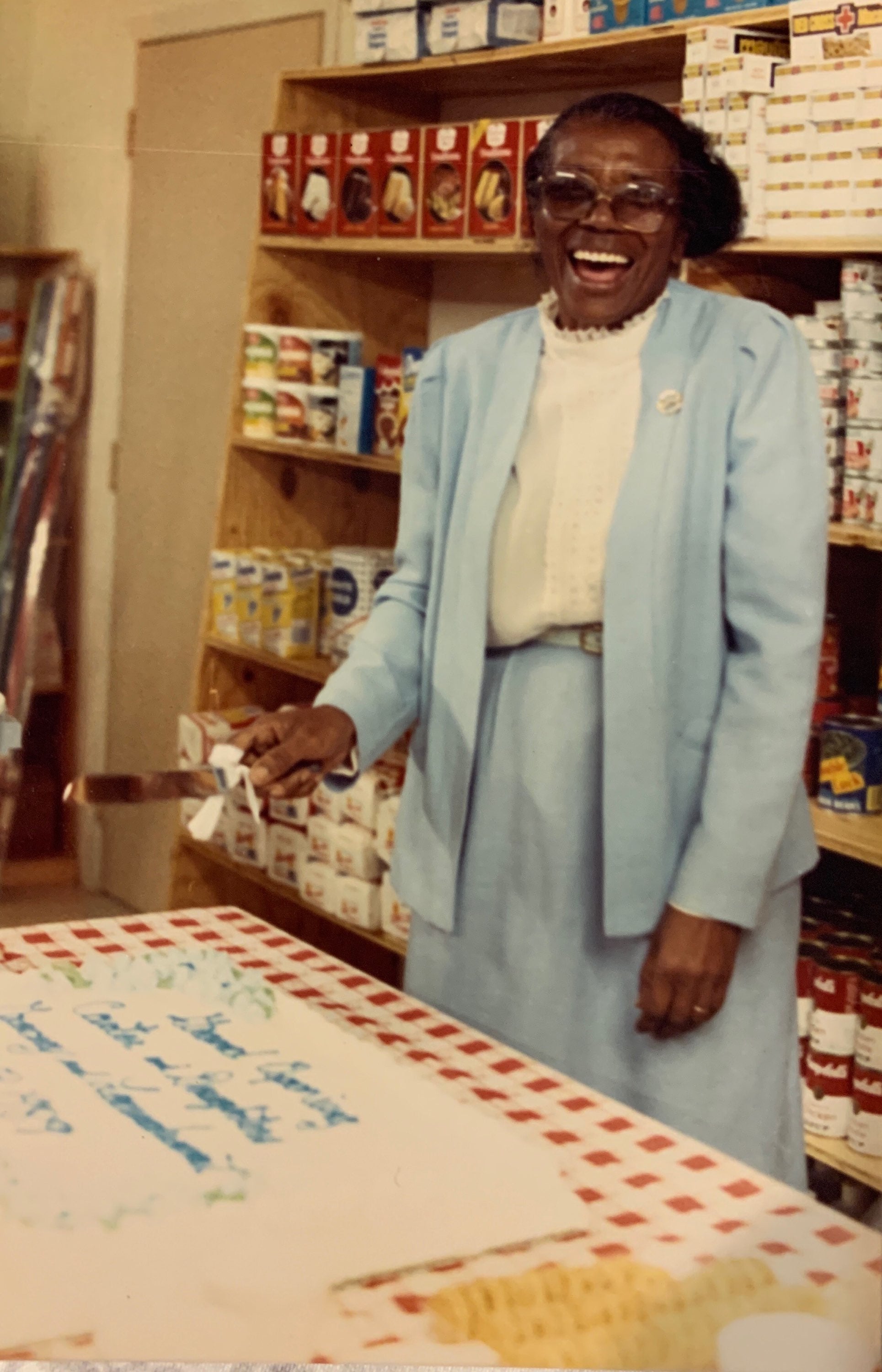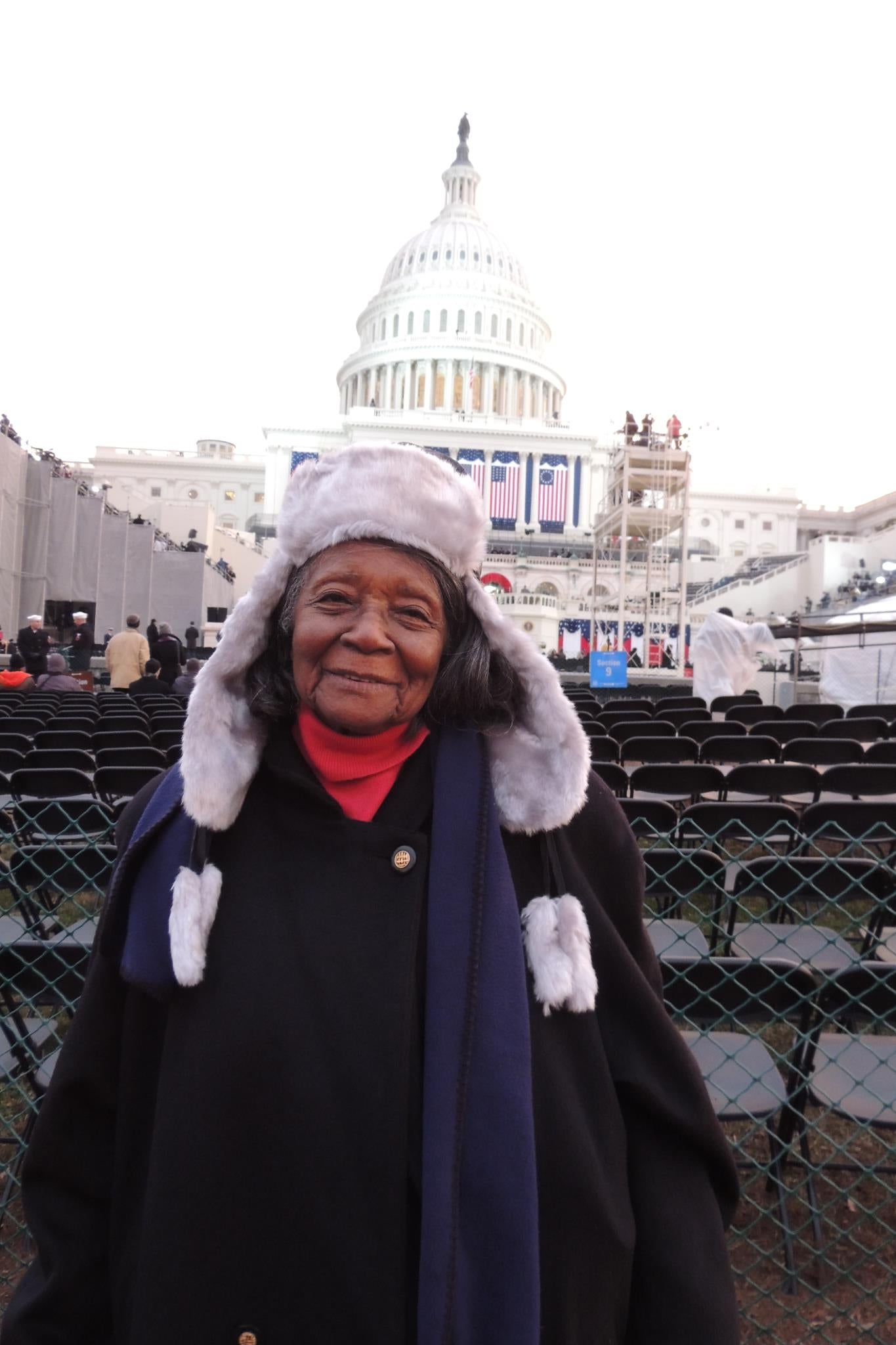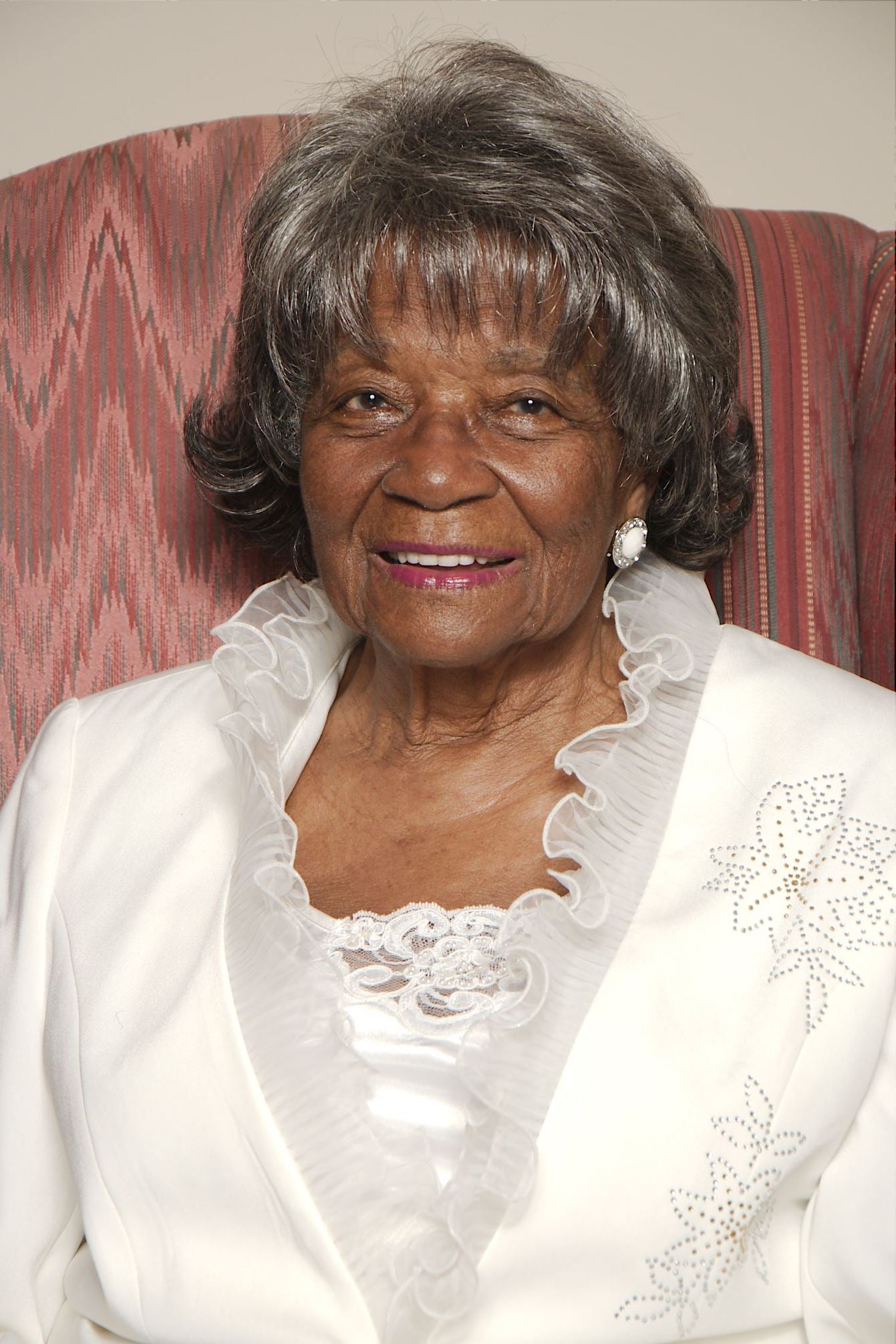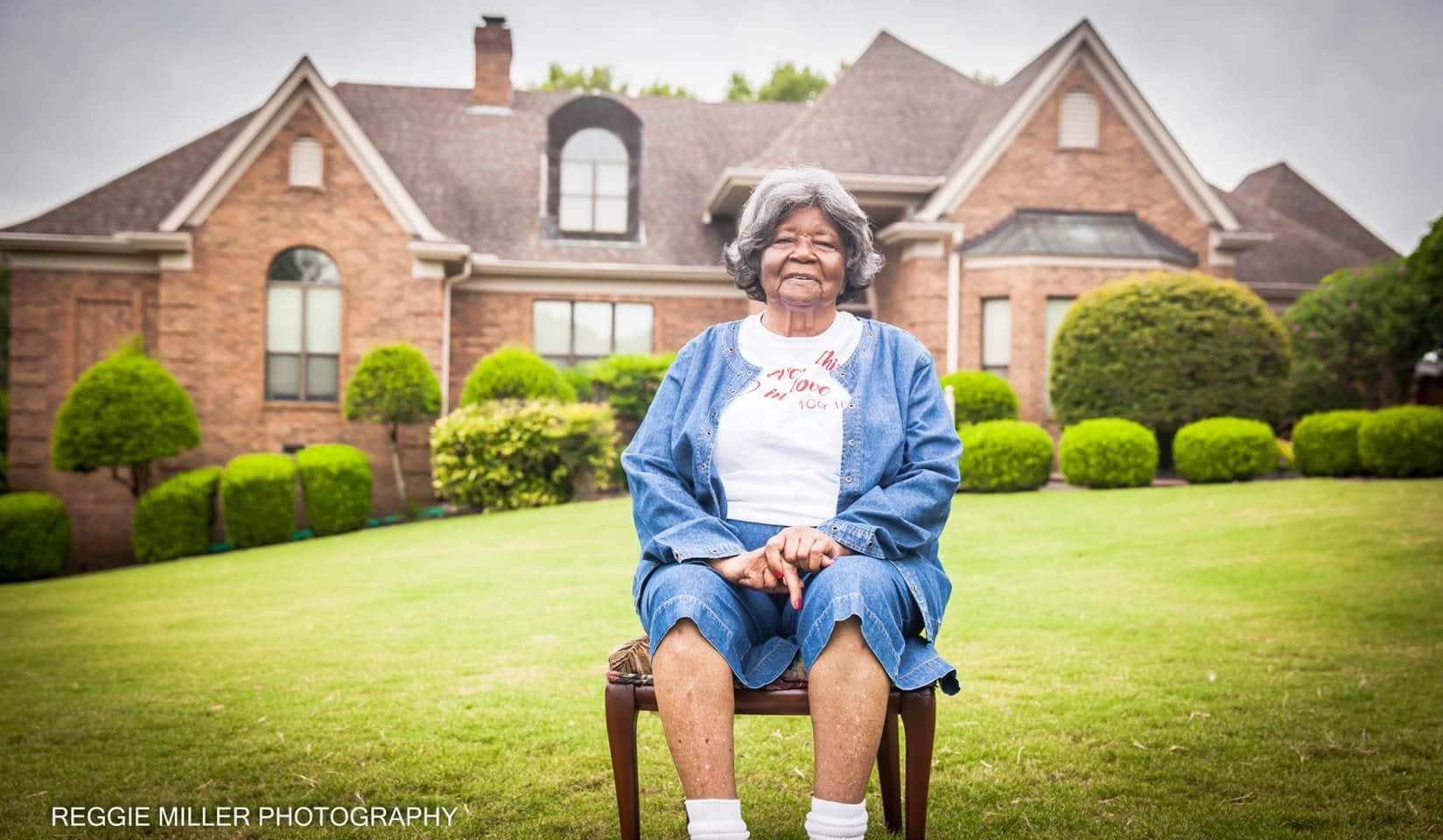A Life Uplifting Others: Geardie Mae Carter leaves impactful legacy
Published 8:00 am Saturday, October 31, 2020
Geardie Mae Martin Carter, viewed by many as an irreplaceable matriarchal figure in Lafayette County, died on Oct. 10, 2020, just a week short of her 95th birthday.
A lifelong resident of Taylor, Carter is described as an encourager, a provider and a leader – though she never would raise her voice – who left numerous local legacies.
A longstanding local legacy
Like nearly all of Taylor’s African-American community, Carter was a descendant of Commodore Martin. Martin, a child of enslaved persons from South Carolina, came to Taylor with nothing but a silver coin in his pocket, according to the family. He married Susan Toles Martin, and together, they had 16 children. At one point, members of the Martin family owned nearly all the land in Taylor.
Geardie Carter’s legacy includes Carter’s Grocery, a country store off County Road 3088 which was opened by her late husband Dwight Carter in 1946. Upon returning from World War II, as a response to segregation, Carter’s Grocery became the first Black-owned business in town, and still remains Taylor’s only gas station and convenience store.
Beginning in the days of Jim Crow laws in Mississippi, the one-room grocery endured as a hub for activity in Taylor, and continued to be so for decades. It also had an impactful presence during the Civil Rights era, and is thought to be one of, if not the oldest, Black-owned businesses in Lafayette County.
During this time, Carter’s children were practically being raised in the store, since their residence was directly next door, while Geardie Mae also maintained full-time employment as a schoolteacher.
Not only was Carter the first Black teacher to integrate Lafayette High School; she was also the oldest living teacher to have taught at the segregated Weems Elementary School in Taylor.
She also served for over 50 years as a poll watcher for both local and national elections, and was the first Black poll worker and scrutineer in the county.
Carter later helped create CLEAR Core (Creating Leaders by Empowering Area Residents) with the purpose of providing additional funds for students who wanted to go to college, and remained CEO of the organization until her passing. The group has since given over 100 scholarships since the first in 1997, and has awarded nearly $350,000 to deserving students.
One of Carter’s four daughters, Erma Carter, serves as the CLEAR Core Scholarship Chairperson and said her mother wanted to help partly because the community had rallied around her back when she had gone to college. “She decided that one way to do it was to offer scholarships for students that attended school in Lafayette County.”
At her well-attended and socially distanced outdoor Home Going celebration on Oct. 17 at Hopewell Missionary Baptist Church in Taylor, people who loved and admired Carter came out to honor a woman whom Pastor James Hull – who delivered the eulogy – praised Carter as a “humble servant,” and “somebody who wanted to live their life in service of somebody else.”
Hull said that, unlike the petty concerns many people have, Carter’s cares aligned with setting out to do good deeds, and with helping somebody every day. The pastor suggested this part of her nature to be the greatest of her legacies.
“Despite all of her degrees, despite all of her contributions, despite all of her achievements…the work that she decided to do was as an usher in the church,” he said.
Granddaughter reflects on Carter’s playful side
On a lighter note, one of her seven grandchildren, Gayla Burks of Memphis, recently spoke of Carter’s humorous and playful nature which she’d display during visits, particularly while Burks was a teenager still living at home.
Her grandmother, whom she described as always regal, very kind and generous, would take trips to Memphis to visit her daughter’s homes – and in all of which, incidentally, Burks said she had her own bedroom.
Burks recalled when her grandmother would peek through her doorway at 7:30 on a Saturday morning and say, “Gayla Burks, are you going to sleep the day away?”
Burks said she would grumble, cover her head and return to sleep, but that her grandmother would come back again at 8 a.m. to her alarm, and often chastise her on the disarray of her bedroom as well.
“I would go to school, or leave the house, and come back and my room is completely clean, like everything is cleaned, and would be like ‘Mamaw, what did you do – why did you do this?’” she said.
Burks said her bedroom was so bad that she was compelled to clean, and that on one hand, her grandmother was chastising her about the state of her room, but on the other, she was giving her the gift of cleaning her room for her.
Burks also said, after she went off to college, that she would return sometimes to find her grandmother
wearing her old sneakers, jeans or t-shirts that she would come upon while cleaning, and when accused
of appropriating her granddaughter’s clothing – in her defense – Carter would say, “you weren’t wearing them.”
On one particular occasion, a teenage Burks found herself tickled to return home and find her
grandmother wearing a t-shirt displaying the logo for the store Express, which is known for making young female apparel.
“She’d just look caught red-handed,” Burks said.
Erma Carter helps push CLEAR Core forward
When CLEAR Core first began, Carter was very particular about the recipients’ major, Erma said. She sought to reward students who majored in science, education and business, because those were the subjects about which she herself was most passionate.
Eventually the protocol changed, and it was decided that as long as the applicant went to college, that they met the criteria and would receive the scholarship.
After filling out an application, submitting their grades, and writing an essay about what the scholarship would mean for them, students would receive $1,000 per year ($500 each semester). The number of scholarships depended on the amount of money that the organization raised – so if they raised $5,000, they distributed five scholarships.
The CLEAR Core committee “was not all my mom’s kids,” Erma said. “They were community people.” This remains the case with the committee.
“A thousand dollars a year doesn’t sound like a lot of money, but it’s been able to help buy laptops, and put down payments on cars – and the money goes directly to the kids, it doesn’t go to the school, so they can buy the things they need,” she said. “The reason why we decided to give the scholarship directly to the child is because we didn’t want to try to anticipate what they needed, because people are different.”
This past year, CLEAR Core awarded eight scholarships, equal to the number of students who applied. Due to the pandemic, the annual banquet didn’t take place, and there were less expenses to be paid. As it has already done in the past, the organization plans to pursue even more with providing assistance and further education to the local elderly population.


